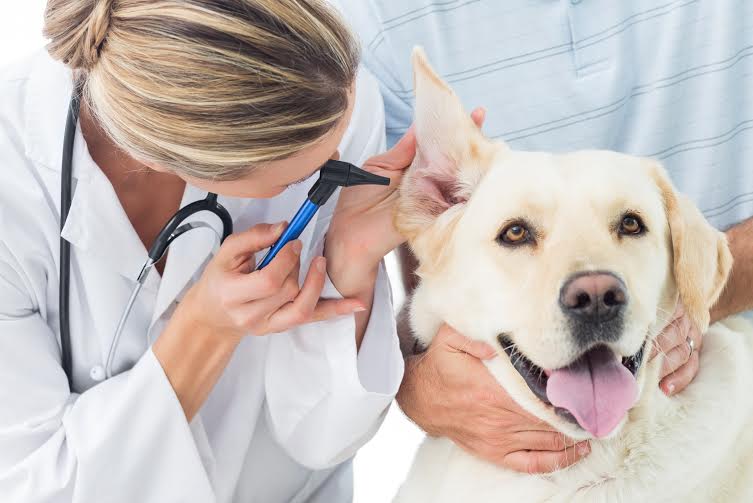Dog Behaviour
the oldest domesticated animal species, with estimates ranging from 9,000–30,000 years BCE, the behavior of dogs has inevitably have been shaped by millennia of contact with humans. As a result of this physical and social evolution, dogs, more than any other species, have acquired the ability to understand and communicate with humans and they are uniquely attuned to our behaviors.[2] Behavioral scientists have uncovered a surprising set of social-cognitive abilities in the domestic dog. These abilities are not expressed by the dog's closest canine relatives nor by other mammals such as great apes. Rather, these skills parallel some of the social-cognitive skills of human children.
Common Diseases in Dogs
Infectious diseases
Viral diseases
Bacterial diseases
Fungal diseases
Parasites
Genetic diseases
Skin diseases
Orthopedic diseases
Tumors and cancer
Gastrointestinal diseases
Bloat and gastric torsion
Eye diseases
Vestibular disease
Heart disease
Other diseases
Vaccination
Vaccinations are an important preventative animal health measure. The specific vaccinations recommended for dogs varies depending on geographic location, environment,travel history, and the activities the animal frequently engages in. Regardless of any of these factors, it is usually highly recommended that dogs be vaccinated against rabies, canine parvovirus, canine distemper, and infectious canine hepatitis (using canineadenovirus type 2 to avoid reaction). The decision on whether to vaccinate against other diseases, including leptospirosis, Lyme disease, Bordetella bronchiseptica, parainfluenza virus, and canine coronavirus, should be made between an owner and a veterinarian, taking into account factors specific to the dog. Dog Clinic Pet Shop Saloon Hostel Center Partap Nagar Jagatpura
Toxic substances
Chocolates
Grapes and raisins
Onions
Macadamia nuts
Hops
Yeast
Xylito



